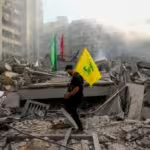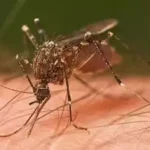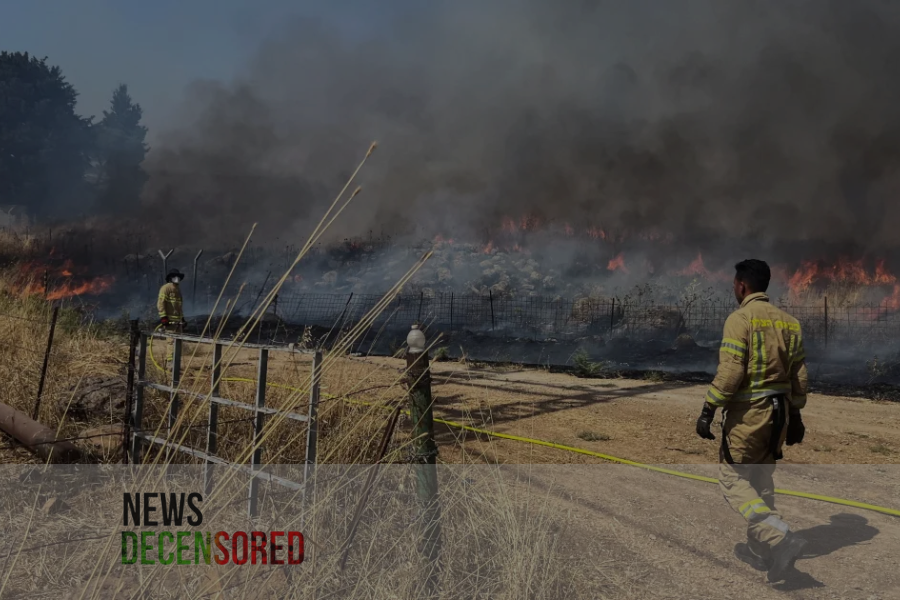Hezbollah said that it has carried out a massive drone and rocket attack on several of the Israeli bases in the region, adding to already existing concerns of an all-out war between the Lebanese militant group and Israel.
The same day, a source within Hezbollah told Al Jazeera Arabic that this attack was the largest carried by the group since the conflict between both sides began on the 8th of October.
The group announced the assault as an inevitably consequent reaction to the killing of its senior commander Taleb Abdullah, alias Abu Taleb, who was killed in an Israeli air attack in the southern Lebanon village of Jouaiya this week.
As to the said source, the “compound attack” sought to impose retribution in the wake of Abdullah’s assassination. Hezbollah fired 150 rockets and 30 PHz drones to target 15 Israeli targets, including the occupied Gorean Heights.
The Israeli media hinted that Hezbollah launched rockets that harmed no fewer than two people and led to 15 fire outbreaks. On X (previously Twitter), the Israeli military said that many of the projectiles were coming ‘intercepted’ with some of them resulting in fires.
Hezbollah said in an official stance it was executing the operation in support of the Palestinian people and their heroic and dignified stand in Gaza and in retaliation for the assassination committed by the Zionist enemy in Jouaiya.
The Lebanese group noted that one of the Israeli units attacked in the assault was involved in plotting killings.
This last act is another indication of the uncertainty and instability of the place since the confrontation between Hezbollah and Israel is still ongoing and poses a threat to the stability of the entire Middle East.
The increase in hostile activities between Hezbollah and IDF has been widely covered by the media and discussed by the international community; analysts conclude that a regional war might occur shortly. The enemy combat uses modern weapons like drones and many rockets, besides a significant increase in intensity and ferocity.
The intensity of fighting activities has escalated as both groups attack one another, resulting in many deaths of civilians and the destruction of properties. There is active diplomatic intervention in an attempt to solve the conflict. However, the territory remains volatile for the expansion of the conflict to additional territories and regions threatening the rising death toll in Gaza and Lebanon.
The international community closely monitors the developments, urging restraint and seeking avenues for de-escalation to prevent a full-scale war.















